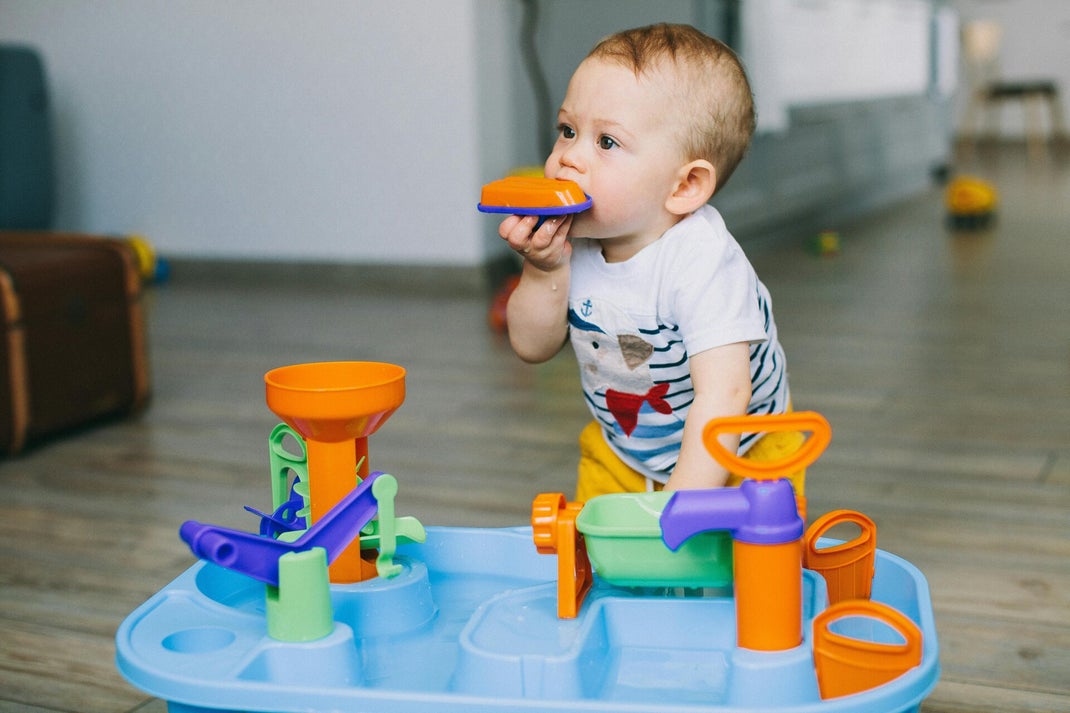Day 16: Water Play and Sensory Discovery
Date: 02-07-2025
Focus: Exploration, Wellbeing, Inclusion, Sustainability

Today, I helped with a water play experience using small tubs, sponges, cups, and floating toys. Babies splashed, filled, and poured water, showing joy, focus, and curiosity which supported EYLF V2.0 Outcome 4.2: Children develop a range of skills and processes such as problem-solving, inquiry and experimentation (AGDE, 2022).
As a placement student, I provided verbal encouragement, asked open-ended questions like, “Where did the water go?”and modelled safe, sensory engagement which reflected intentional teaching and supported NQS QA1.2.2: Responsive teaching and scaffolding (ACECQA, 2020).
Inclusive adjustments were made by providing trays and textured sponges for children with different motor skills, fulfilling AITSL Standard 1.6: Inclusion of exceptional learners (AITSL,2017). I also observed one of the children using fingers to create ripples, showing emerging scientific understanding.
This experience also contributed to emotional wellbeing supporting QA5.2.2: Self regulation as water play helped calm a child during a transition period and this kind of sensory exploration strengthens both cognitive development and self-regulation (ACECQA, 2020).
I supported environmental responsibility by using recycled containers and encouraging water conservation like using small jugs instead of running water which aligns with EYLF Principle: Sustainability and QA3.2.3: Environmentally responsible (ACECQA, 2020).
While Aboriginal perspectives were not included today, I reflected on how to include storytelling about water and Country in future play experiences to embed QA6.2.3: Community engagement as a respect for Aboriginal and Torres Strait Islander cultures (ACECQA, 2020).
Learning was documented and shared with educators to inform future planning. I also helped write a short note for families to highlight children’s enjoyment and discoveries by supporting collaborative partnerships aligning with QA6.1.2:Parent views are respected (ACECQA, 2020).